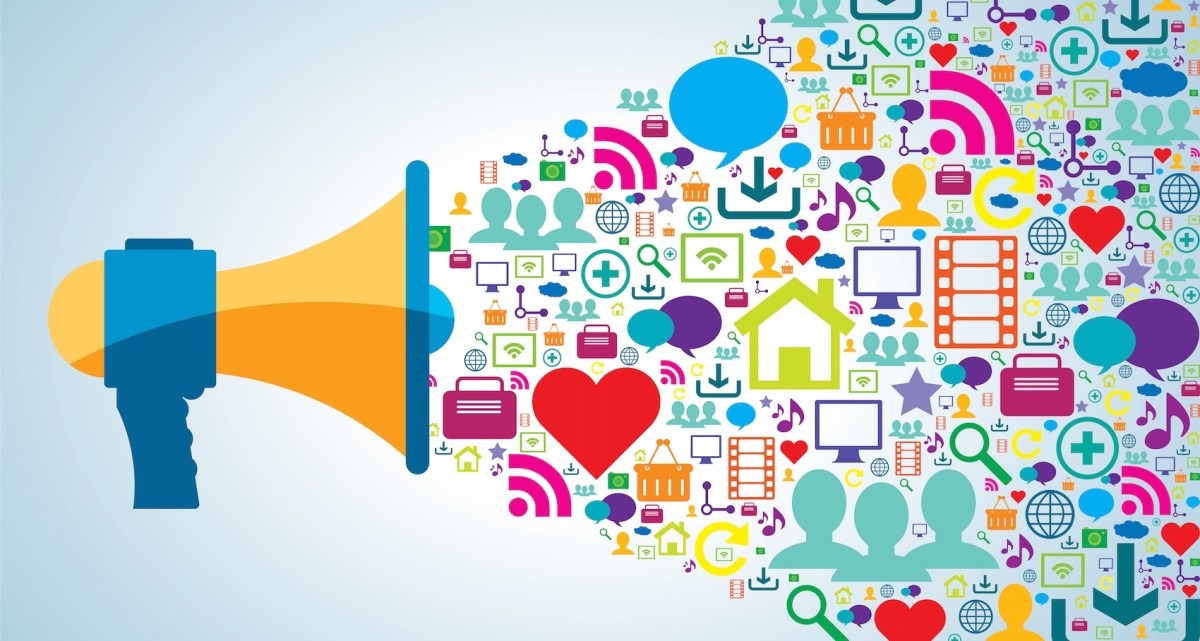Most people tend to get their news through social media as technology evolves. Here are the steps some companies are taking.
Twitter: Twitter announced a new set of tools on Tuesday, including the The ‘Mute Words’ feature, which gives the user the ability to mute certain words, phrases, hashtags, emojis, or usernames.
Additionally, the company suspended several high-profile accounts associated with the alt-right movement, to crack down on hate speech.
Google: According to a statement by Google this week, the site will now ban sites that publish fake news from using its AdSense network, which can be an important source of revenue. Google will rely on employees and software to identify sites as propaganda and respond to cases flagged by users, according to a person familiar with the matter.
Facebook:
Multiple stories and media sources have been quick to blame Facebook’s news feed displaying fake news was a major reason that Donald Trump won the election.
CEO Mark Zucerkberg denied that Facebook had an impact on the election at a Techonomy conference last weeks, according to several media sources.
“Hyperpartisan political Facebook pages and websites are consistently feeding their millions of followers false or misleading information,” stated a BuzzFeed article. “The review of more than 1,000 posts from six large hyperpartisan Facebook pages selected from the right and from the left also found that the least accurate pages generated some of the highest numbers of shares, reactions, and comments on Facebook — far more than the three large mainstream political news pages analyzed for comparison.”
The stories included everything from Hillary Clinton getting arrested for her email scandal to Donald Trump being endorsed by the Pope.
Buzzfeed’s analysis of three hyperpartisan right-wing Facebook pages found that 38% of all posts were either a mixture of true and false or mostly false, compared to 19% of posts from three hyperpartisan left-wing pages that were either a mixture of true and false or mostly false.
It also emphasized that the right-wing pages got a lot more attention, which helped the rise of Donald Trump.
But Zuckerberg disagreed, explaining that Facebook is not a media source.
“Voters make decisions based on their lived experience,” he explained.”
The conversation didn’t end there as additional articles emerged to debtate the role that Facebook played in the election.
On November 12, Zuckerberg penned a note on Facebook to elaborate on his thoughts.
“Our goal is to give every person a voice. We believe deeply in people. Assuming that people understand what is important in their lives and that they can express those views has driven not only our community, but democracy overall, he wrote.”
He emphasized that more than 99% of the content people see on Facebook is authentic, stating that although Facebook will continue to find ways for the community to evolve, one must be “extremely cautious about becoming arbiters of truth ourselves.”
Read the full letter here.


